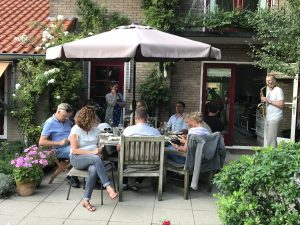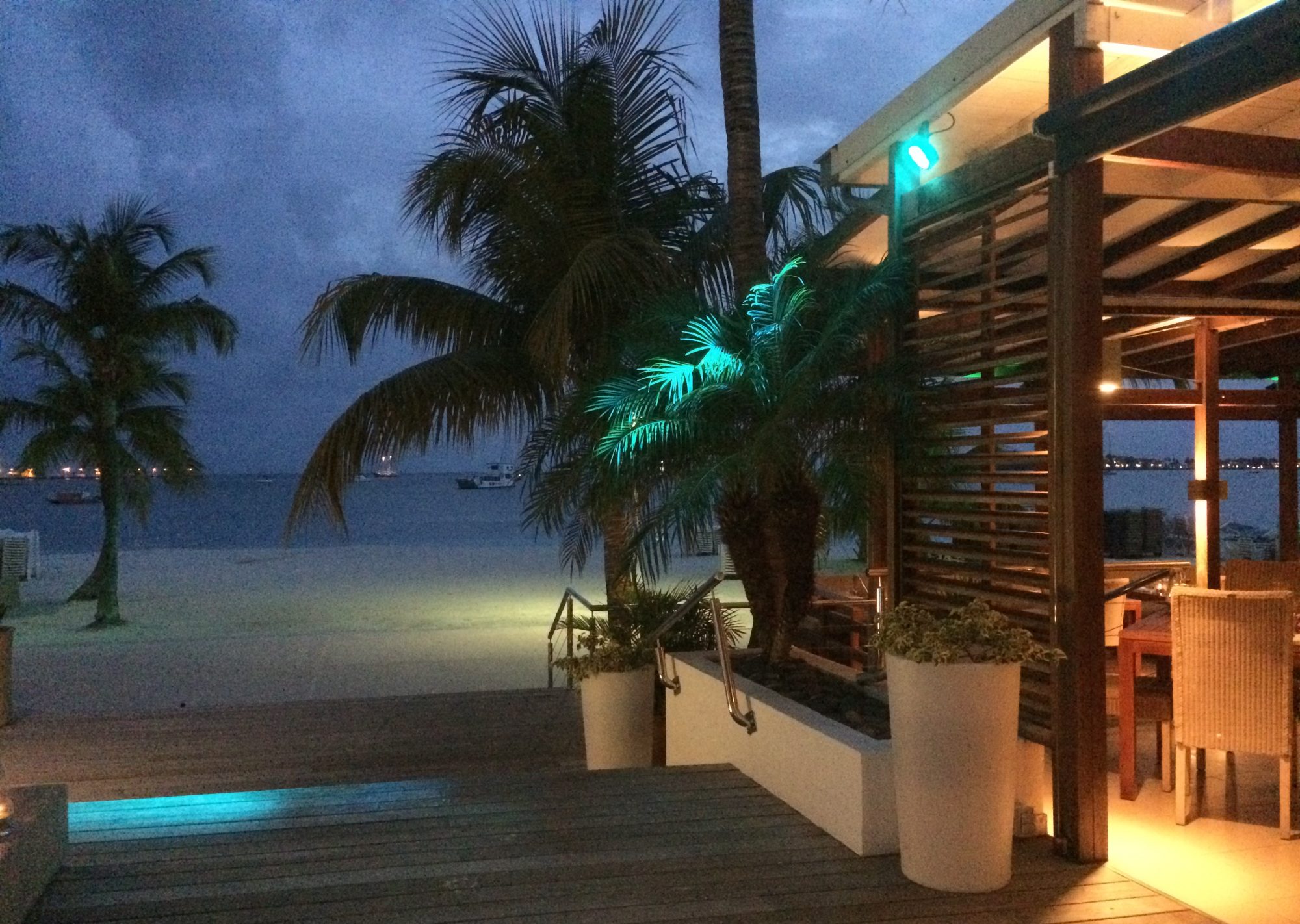Just recently I heard that my latest article will be published in TQM Journal. It is a concept analysis – following Walker and Avant – of Emergence. Walker and Avant (2014) suggest writing several cases to clarify the concept: a model case, a borderline case, a related case, a contrary case and an illegitimate case. Here I present the modelcase on the teaching team Master Integrated Care Design.
The Master Integrated Care Design from the Utrecht University of Applied Sciences started in 2007 as a not government financed course with 4 students and 4 part-time teachers. The external developments in the world of work ask for healthcare and social work professionals who are capable to make connections, to design innovative interventons and who can make integrated carehappen. Participants in the two-year program exactly develop these competences. The program appeared to be very popular. Since the start the amount of students gradually increased to 133 first year students and 64 second year students in 2018-2019. Since 2017 the master program got its official financing from the Ministry of Education and Sciences in the Netherlands. In 2018 the program is (re-)accredited by the Dutch-Flemish Accreditation Organisation (NVAO). The growth of the program led to increased pressure on the teachers. They searched in their network within (internal interaction) and outside the university (external interaction) for completion. That caused an exponential growth of the teacher team to 20 staff members. The team that emerged is different than the sum of its parts. It is extraordinary in its diversity of gender, ages, experience, scientific discipline. Yet it is very harmonious in a sense that it is new to all members (novelty) and that is not easy to explain. The harmony stays also when new members are asked to join in (synchronicity). Synchronicity can also be noted in the way team members fit in the curriculum. The quality of the cooperation creates continuous learning of the group as a whole and of individuals within (synergy). The new pattern is coherent, was unexpected and unpredictable. It is not the result of planning (unplanned). Some instruments are used to sustain the team coherence (co-teaching, journalclub en social events). Result is that the master program is highly appreciated by the students, even now it has grown, as the data of the National Dutch Student Survey (Nationale Studenten Enquete) 2018 show (score 92 on a 100 point scale). The master program takes the shared third place of all masters in the Netherlands as mentioned in the ‘Keuzegids’.

This might clarify the concept of Emergence, so crucial for quality management in the 21st century.
Walker L.O. and Avant K.C. (2014), “Strategies for Theory Construction in Nursing”, Pearson Prentice Hall, Upper Saddle River, NJ.

